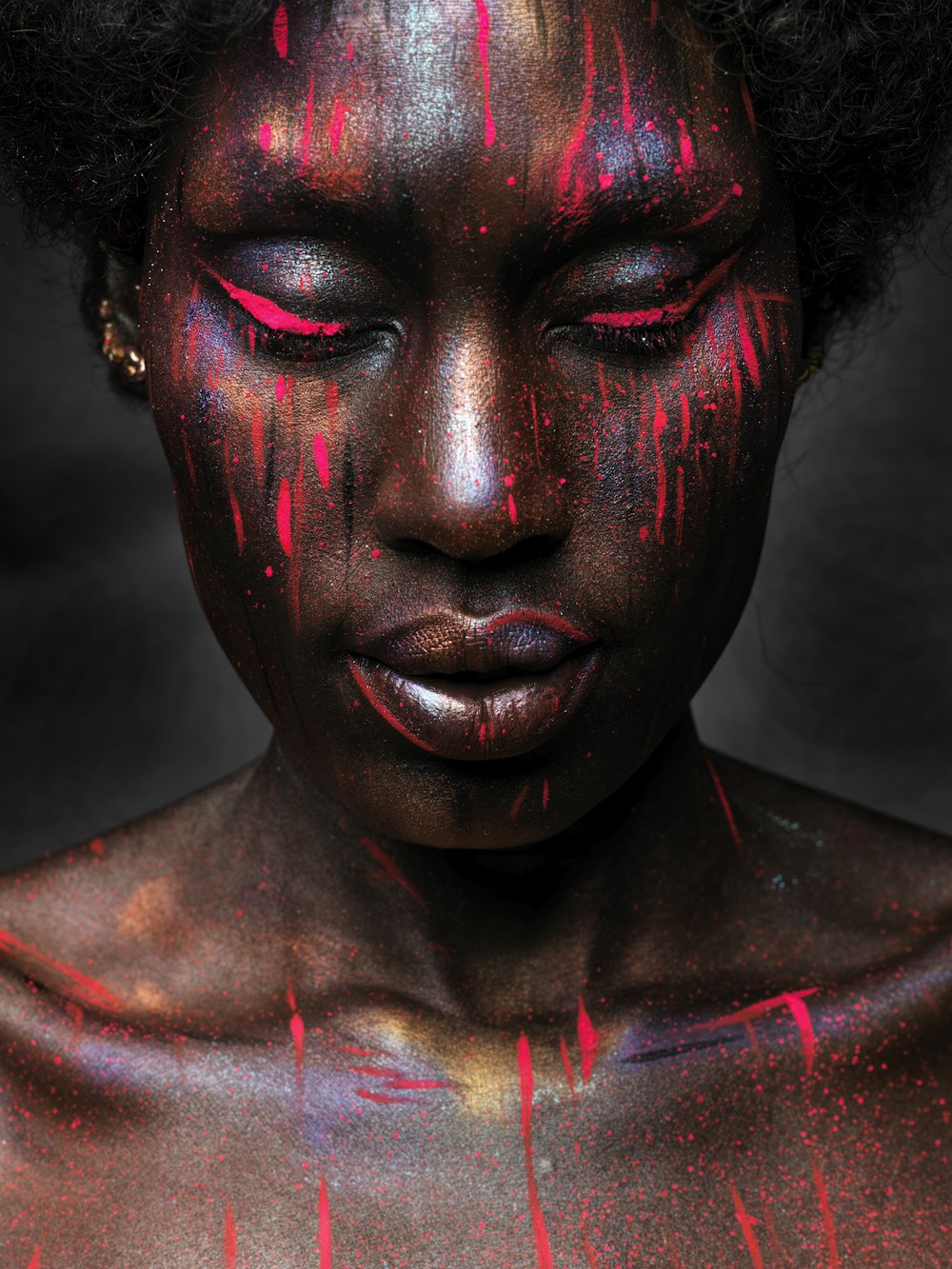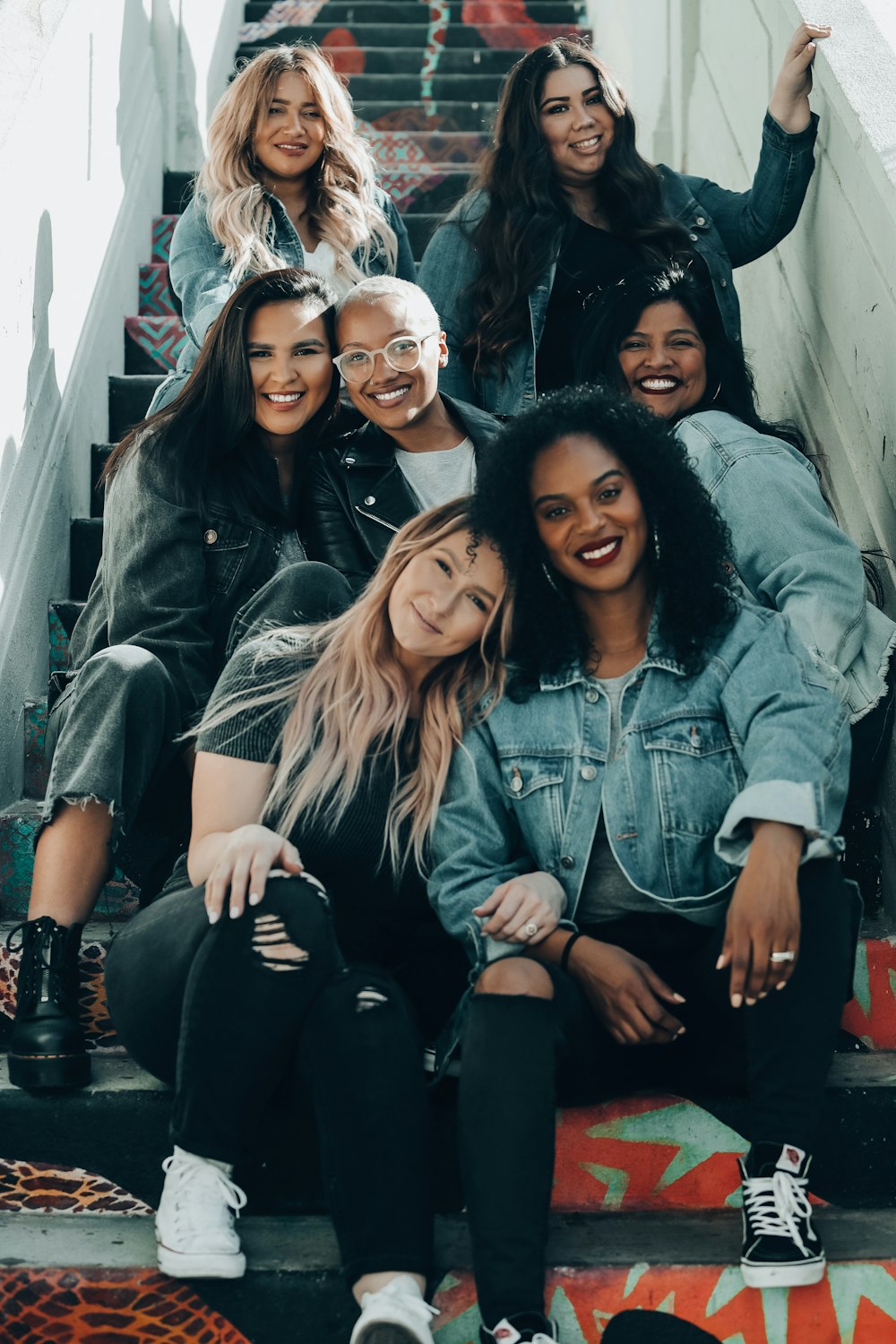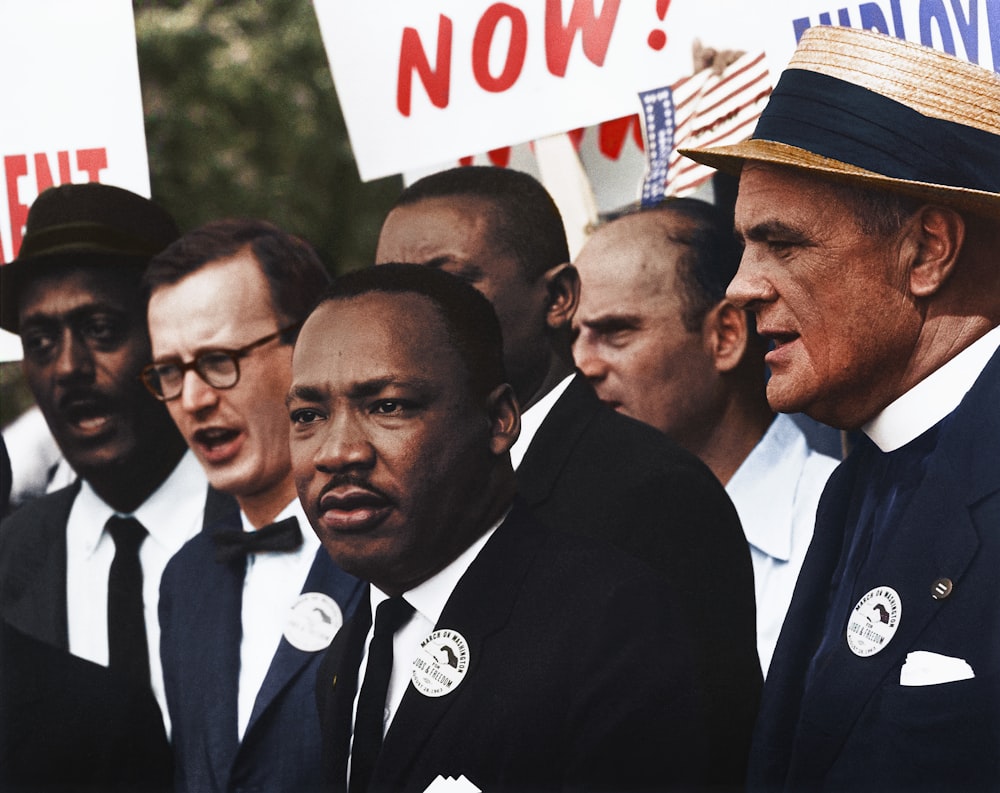Black history is as indispensable as brown sugar in a buttercream pie. Yet, numerous states treat it as a societal taboo. Shockingly, at least thirty-six states have enacted or proposed laws that ban or restrict teaching about race or racism. Consequently, many narratives are slipping into obscurity—a real-time whitewashing campaign. Regrettably, conservatives fail to grasp the essence of history without acknowledging the contributions of Black individuals, much like a buttercream pie without sugar. This realization prompts the need for proactive change.
If we desire broader access to and comprehension of Black history, we must actively share knowledge with each other and future generations. This revelation led me to pose a question: "What piece of Black history do you wish more people knew?" Despite legislative attempts to suppress Black history in classrooms, citizens retain the power to discuss these topics freely. Whether you're an educator or an enthusiast eager to share Black history, your role is pivotal. The responses garnered from this question, posed on the formerly known social media platform Twitter, were eye-opening.
For instance, Ryan Nickerson expressed a desire for broader awareness of "Black people's role in the American Revolution." While Crispus Attucks is often cited as an early symbol of Black American patriotism, the significant contribution of the approximately 20,000 Black individuals who fought alongside the British remains largely overlooked. The Zinn Education Project echoed this sentiment, emphasizing the long history of African American resistance in public transportation, predating figures like Rosa Parks and Claudette Colvin.
The discussion also touched upon redlining—a discriminatory practice that continues to shape residential segregation in America. This systematic denial of financial services based on race perpetuates informal racial segregation in communities. Despite its relevance, such topics risk being dismissed as "critical race theory" in many educational settings.
Henrietta Lacks' story emerged as another focal point, highlighting the exploitation of Black individuals by the medical industry. While her cells, known as HeLa cells, have contributed immensely to medical advancements, her family received no compensation for their use—a stark reminder of systemic injustice.
The Tulsa Race Massacre of 1921 was also revisited, underscoring the need to acknowledge and learn from past atrocities. Similarly, lesser-known instances of racial violence, such as the numerous race massacres in Louisiana during the Reconstruction Era, demand attention and understanding.
While some narratives are tragic, others celebrate the achievements and contributions of Black Americans. From pioneering paramedics to inventive minds and groundbreaking athletes, these stories enrich our understanding of history and challenge traditional narratives.
Ideally, Black history should be an integral part of American history education. However, it often remains marginalized, relegated to the sidelines. Nevertheless, by sharing and embracing these narratives, we can challenge existing norms and foster a more inclusive understanding of our collective past. As former first lady Michelle Obama aptly noted, the legacy of slavery is an undeniable part of America's history—one that cannot be ignored. By amplifying Black voices and experiences, we can pave the way for a more equitable future.










